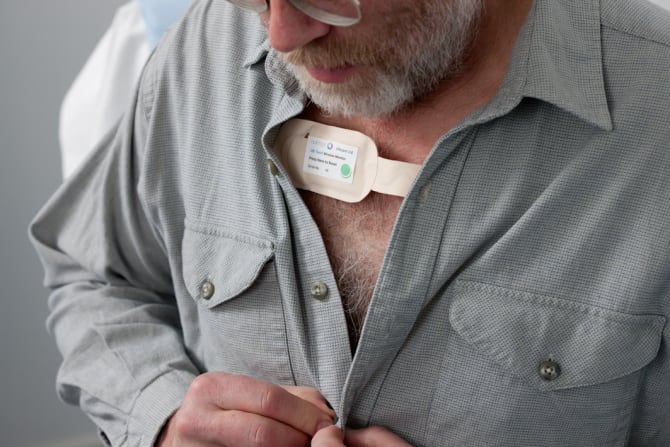
Isansys Lifecare has designed and developed Patient Status Engine wireless monitoring system to quickly detect the onset of sepsis in patients.
The Patient Status Engine (PSE) is said to use body-worn smart patch sensors for the collection of vital signs automatically, continuously and in real-time.
Later, the platform uses this data to identify changes in a patient’s condition and alerts clinicians regarding the early onset of sepsis.
Isansys said that the PSE has been trialled in NHS hospitals, including Birmingham Women’s and Children’s NHS Foundation Trust, and hospitals in Europe, the US, India and Australia are presently working on programmes to adopt PSE as the new standard for monitoring patients.
Isansys has also collaborated with the Northwell Health Group in New York on a major study to demonstrate the efficiency of wireless continuous monitoring of mothers in labour using the PSE, helping to provide new insights in neonatal care.
A research by BBC News has indicated that a quarter of patients with sepsis have experienced delays in getting treatment. Delays may increase the chance of potentially fatal complications such as organ failure and death.
Isansys CEO Keith Errey said: “Being able to identify patients at the highest risk of deterioration is key for clinicians and nurses. Too often their workloads are overwhelming and they don’t have time to observe their patients closely at all times.
“Our technology does this for them and provides earlier indications of patient deterioration than can’t be achieved with manual monitoring alone. This is invaluable in the global fight against sepsis.”
Based in Oxfordshire, Isansys is involved in the development of patient-centred technologies and data-driven methods for hospitals and healthcare organisations.
The company, which has subsidiaries in Germany and India, works with healthcare providers through a network of distributors and partners to produce lower cost and less obtrusive monitoring solutions, as well as quality data.



